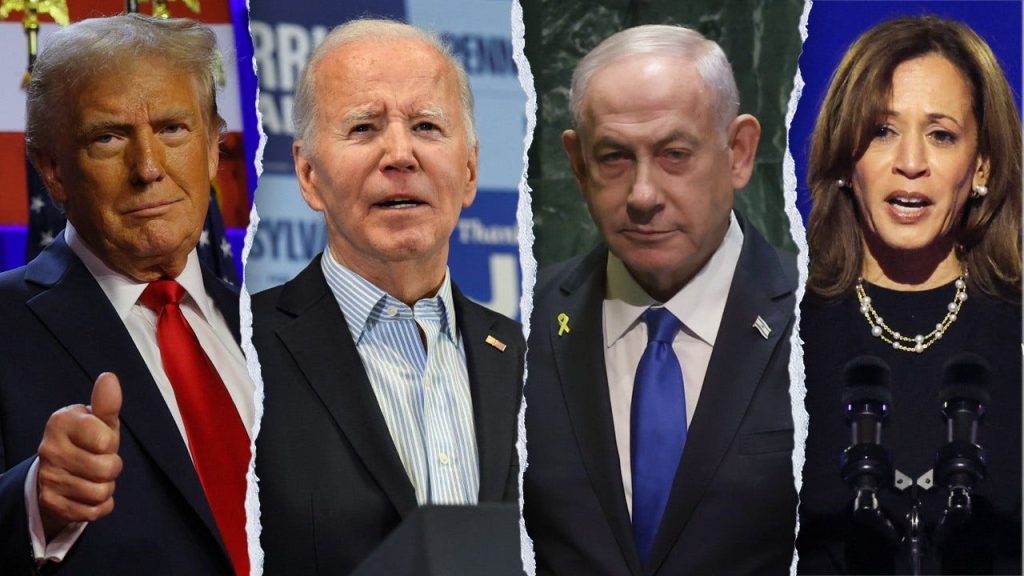President-elect Donald Trump’s re-election is expected to lead to a new U.S. Middle East policy that will impact Israel’s battle against Iran-backed terrorist groups Hamas and Hezbollah. Experts see the Trump administration’s support for Israel’s efforts to defeat its enemies as crucial in achieving peace and stability in the region. The Biden administration has faced criticism for its crackdown on Israel’s prosecution of the war against Hamas, raising concerns about the protection of American allies and the prevention of nuclear weapons in the region.
The Trump doctrine of minimizing U.S. involvement in the Middle East while supporting allies like Israel in their fight against common enemies is emphasized by experts. Caroline Glick, former adviser to Israeli Prime Minister Benjamin Netanyahu, highlights the need for U.S. assistance in enabling Israel to achieve victory over Iran and its proxies. The expectation is that the U.S. will provide diplomatic support, allowing Israel to pursue its strategy successfully. Trump’s emphasis on backing Israel’s pursuit of victory could lead to a post-war period of peace and stability in the region.
President Trump’s re-election presents an opportunity for the Middle East to dismantle the Shiite axis of Iran and Hezbollah, according to retired Israeli Brig. Gen. Amir Avivi. The prospect of forming a Western-Israel-Sunni alliance, extending to Indonesia, Malaysia, Pakistan, and Oman, is seen as vital for restoring security to the region. The call for dealing militarily with the nuclear threat posed by Iran and dismantling the Shiite axis in the Middle East aligns with the goal of peace and prosperity in the region.
Former Vice President Dick Cheney’s adviser David Wurmser predicts a significant impact on Middle East policy following Trump’s re-election. Iran and its proxies are likely to feel threatened, but the U.S. is expected to support Israel in its efforts while maintaining a strong stance against Iran. Wurmser emphasizes the importance of a strong Israel in challenging regional threats and advancing a coalition that opposes Iran and China. The Abraham Accords, signed during Trump’s first term, set the stage for diplomatic recognition agreements between Israel and several Arab states.
Critics are skeptical of Trump’s policy shift that may pressure Israel into premature action against terrorist groups like Hamas and Hezbollah. Joel Rubin, a former Obama administration official, points to Trump’s potential isolationist approach and interest in pursuing a deal with Iran while also taking aggressive actions against the regime. The focus on domestic issues and avoidance of international entanglements may drive Trump’s policy, with potential challenges in managing conflicts in the Middle East.
The relationship between Trump and Turkish President Erdoğan, who supports Hamas, faces complications due to their differing stances on the conflict. Turkey’s alleged support for Hamas and involvement in its activities pose challenges to relations with the U.S. Despite Trump’s favorable stance towards Turkey, tensions persist over key issues such as the U.S. support for Kurdish groups and Turkey’s purchase of the Russian missile defense system. The future of their relationship remains uncertain as they navigate conflicting interests in the region.













